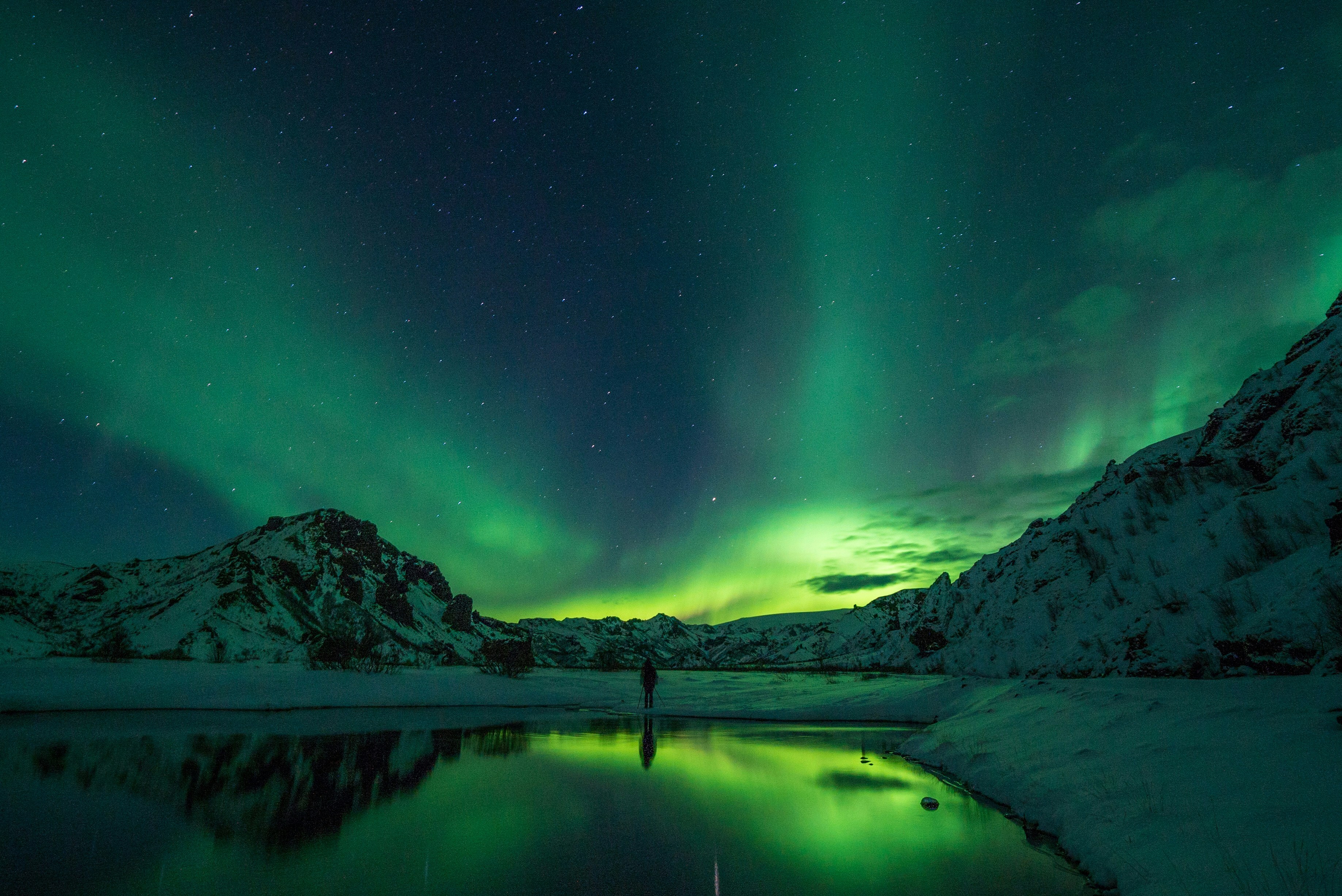
A couple of months ago, director Hardik Mehta shared images of 10 movie posters, all recent blockbusters. Nine of these 10 films—from Hindi and southern cinema and from online streaming platforms—had one thing in common, he said. The hero was posing on the poster with a weapon—hammer, axe or gun.
News website Scroll says that an eye for an eye is passé in cinema and heads are rolling as filmmakers introduce context-free beheadings. It's a sign of our times. “If there was an off-with-your-head attitude towards democratic debate beyond the movies, popular cinema too adopted a take-it-or-leave-it position,” writes Nandini Ramnath. “Where musicals leavened the misery of the Great Depression in America in the 1930s, the regular doses of savagery in Indian films perhaps allowed viewers to let off steam at a time when political dissent is brutally crushed.”

Apart from the claustrophobic inability to speak one's mind, how can anyone find peace in a time when far right Indians say they support Israel's relentless attack on Palestine, even organising rallies in support of the aggressor and leading the global misinformation charge on social media platforms?
The World Economic Forum warned in January that as nearly three billion people vote in seven countries in 2024 and 2025, misinformation will be a global headache. “…the widespread use of misinformation and disinformation, and tools to disseminate it, may undermine the legitimacy of newly elected governments,” the WEF report says. “Resulting unrest could range from violent protests and hate crimes to civil confrontation and terrorism.” WEF ranked India as the country at highest risk for disinformation and misinformation.
Apart from hiding your head in the sand, deleting your social media accounts and steering clear of Indian television, where should you start your quest for peace in the present real and manufactured violent times?
I've decided to build my own Iceland.
In a world mad with rage (in 2022, deaths from global conflict increased by 96% to 2,38,000 and the economic impact of violence rose 17% or $1 trillion, to $17.5 trillion, or 13% of global GDP) the tiny Nordic country has topped the Most Peaceful charts from 2008 on the annual Global Peace Index. It has repeatedly showed itself to be one of the world's least violent nations.
The Institute of Economics and Peace that publishes the index also offers a free online course on peace using a methodology they refer to as the Positive Peace Framework (positive peace implies more than just the absence of violence). It comprises eight essentials: a well-functioning government, a sound business environment, an equitable distribution of resources, acceptance of the rights of others, good relations with neighbours, free flow of information, high levels of human capital, and low levels of corruption.
Any peaceful utopia inspired by Iceland that I conjure must start from these building blocks. I'm planning to start small with family and friends. I'll gradually increase the radius of influence to include neighbours and the community. Peace, the IEP believes, is in everyone's self-interest.

Iceland finds value in researching how its citizens face setbacks. (Source: Unsplash)
In 2023, Iceland topped the WEF's gender parity index for the fourteenth time. It's the only country in the world to have closed more than 90% of its gender gap—at 91.2%. The government of Iceland requires companies to apply for the mandatory equal pay certificate. Everyone's cheering Gabriel Attal, just appointed as France's first gay Prime Minister, but Iceland had this same moment nearly quarter of a century ago. In addition to being elected Iceland's first female prime minister in 2009, Johanna Sigurdardottir became the world's first openly gay head of government. While our courts continue to preach about our right to marry a person of choice, Iceland legalised same-sex marriages as far back as 1996.
Words like resilience, community, and trust are used frequently in Iceland. Thousands of volunteers pitch in for rescue work across the country. About 1.7% of the population volunteers with a rescue team. There's a big emphasis on community life and zero reliance on fossil fuels.
Of course, it helps that Iceland is a small country (and one of the most sparsely populated in Europe), but it's more than that. A government researcher put it best in 2019: “Happiness is about more than laughing and having a good time. It is necessary for us to experience difficult emotions, sorrow and sadness. We have to go through tough times in order to experience happiness. We cannot become happy by shutting out other feelings.” Iceland finds value in researching how its citizens face setbacks.
So, I'm building my own Iceland. We already practise open communication and gender equality at home—in fact, we might have to tilt the scales a bit in the husband's favour to adjust for parity. Our open house policy has been liberalised even more so in recent months. Now, to invite the neighbourhood.
Luckily, I live in an area where WhatsApp groups don't spread misinformation. They are used to complain about potholes, hanging cables, and illegal dog breeders. Members share requests for donations, invitations to local food fests and MLA meetings, recommendations for reliable cooks and civic-minded news articles with titles like ‘How not to dig yourself a city'. It's only a matter of time before someone—maybe me—makes an Iceland out of us. And maybe creating many such Icelands is the way forward for those of us who are seeking peace amid all the rage and violence.
Priya Ramani is a Bengaluru-based journalist and is on the editorial board of Article-14.com.
The views expressed here are those of the author and do not necessarily represent the views of NDTV Profit or its editorial team.
Essential Business Intelligence, Continuous LIVE TV, Sharp Market Insights, Practical Personal Finance Advice and Latest Stories — On NDTV Profit.























